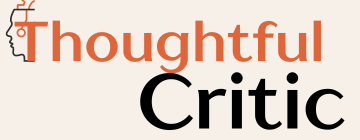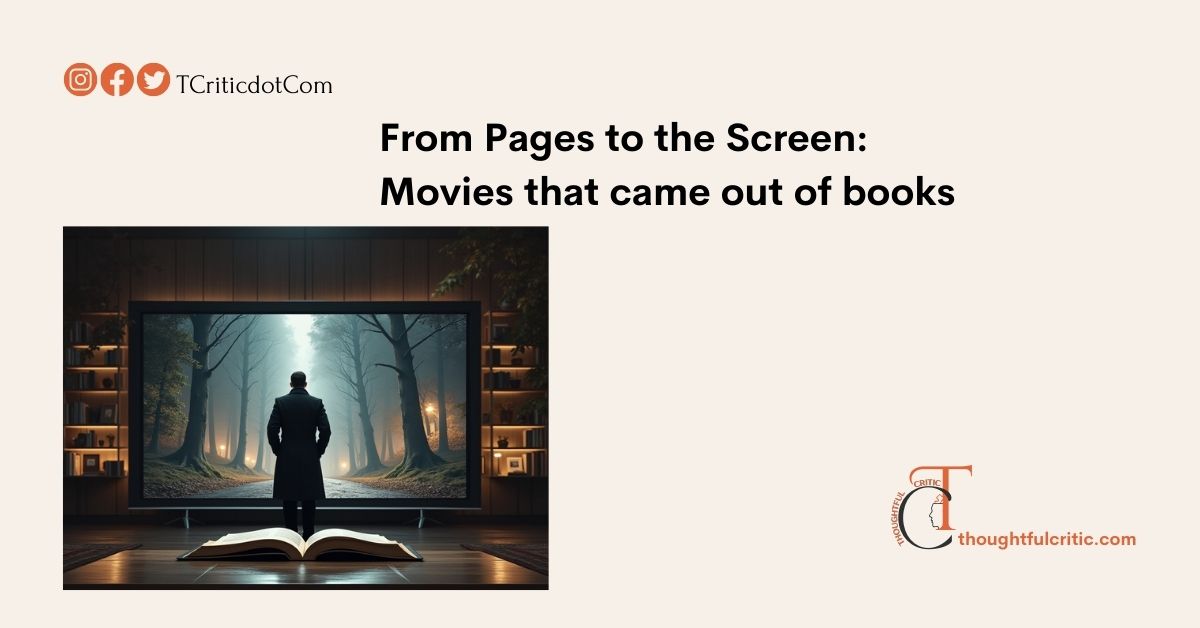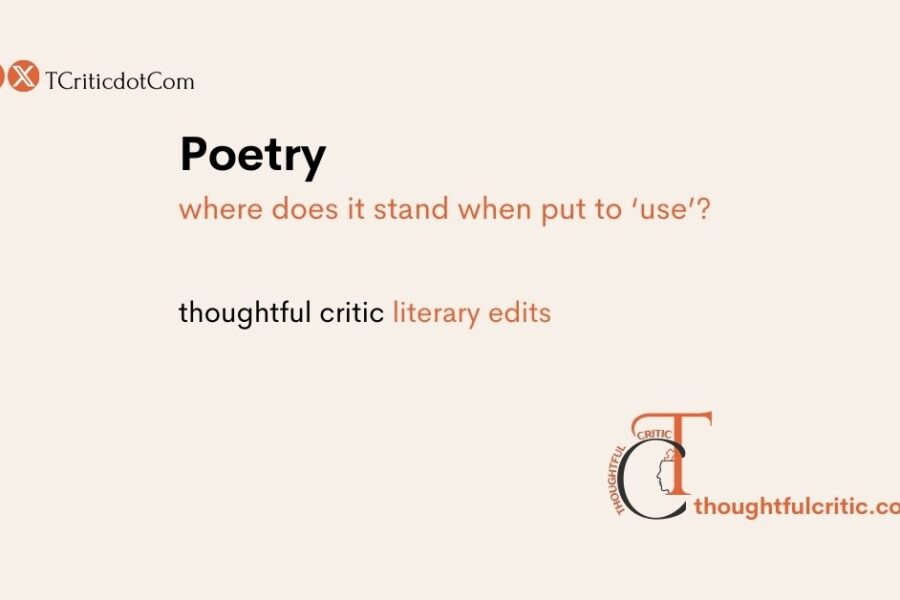Hey, fellow bookworms and screen enthusiasts! Remember that time you finished binge-watching an addictive series or movie and thought, “This would have been an incredible novel”? Now, let’s flip that idea on its head. What if I told you that some of your favourite screen sagas that became cultural landmarks started their journey as books? It’s a fascinating leap from page to screen. This transition brings stories to life, sometimes even transforming them into global phenomena. Think about it: From the spellbound halls of Hogwarts to the epic battles of Middle-earth, we’ve seen books make the jump to the big screen in spectacular ways. These adaptations haven’t just entertained us and redefined storytelling across generations. And today, we’re diving deeper into that magic, uncovering the power behind those original pages.
So, why am I sitting here typing away about books that have already made their grand debut on the screen? You’ve probably seen the movies, binged the series, and quoted the lines. But here’s the thing: Behind every blockbuster you’ve obsessively rewatched lies an author who painstakingly wove together words, ideas, and characters that sparked it all. These on-screen masterpieces didn’t just appear out of thin air—they were born in the imagination of writers who dared to dream beyond the ordinary. It’s easy to get lost in cinematic brilliance, but let’s take a moment to rewind and acknowledge the literary roots of these beloved stories. Trust me, there’s a whole universe in those pages waiting to be rediscovered, and it’s time we give the authors behind the screen the recognition they deserve.
1. “The Lord of the Rings” by J.R.R. Tolkien – Imagine crafting a world so detailed that it feels natural, where languages, histories, and mythologies are painstakingly invented. With its tales of courage and darkness, Tolkien’s Middle-earth saga was brought to dazzling life by Peter Jackson. From the serene beauty of the Shire to the daunting peril of Mount Doom, these films celebrated the depth of Tolkien’s work. They expanded it, making every reading a journey through familiar yet ever-new landscapes.
2. “Harry Potter” by J.K. Rowling – Rowling’s magical universe transcended its pages when it hit the screens, with each film enhancing the magical realism of Hogwarts, the dark alleys of Diagon Alley, and the haunting beauty of the Forbidden Forest. The series’ adaptation captured not just the spells and potions but the profound growth of its characters, making magic feel tangible and friendship eternal.
3. “The Hunger Games” by Suzanne Collins – It introduced us to a dystopian world where survival was a spectacle, and Jennifer Lawrence’s portrayal of Katniss Everdeen brought this harsh reality to life. The films intensified the story’s themes of rebellion and survival, making viewers question their societies.
4. “The Da Vinci Code” by Dan Brown – Mixing historical fact with conspiracy theory, Brown’s novel turned into a gripping film with Tom Hanks leading the charge as Robert Langdon. The movie’s success lies in its ability to keep audiences guessing, blending art history with suspense in a race against time.
5. “The Godfather” by Mario Puzo—This adaptation by Francis Ford Coppola isn’t just a film; it’s a cultural phenomenon. The Godfather saga brought Puzo’s intricate world of family, loyalty, and mafia politics to life with performances that became legendary, blurring the line between book and film.
6. “Jurassic Park” by Michael Crichton – Crichton’s cautionary tale about genetic manipulation roared onto screens, revolutionising special effects. The films brought dinosaurs back to life, reigniting debates about science, ethics, and the hubris of playing God.
7. “Fight Club” by Chuck Palahniuk – David Fincher’s adaptation of Palahniuk’s anarchic novel was as much a philosophical exploration as a visual spectacle. The film’s cult status reflects its deep dive into consumerism, identity, and rebellion against societal norms.
8. “Gone Girl” by Gillian Flynn – Flynn’s psychological thriller was adapted into a chilling film that explored the dark corners of marriage and the media. The film’s twisty narrative kept viewers on edge, proving Flynn’s mastery in crafting complex, morally ambiguous characters.
9. “The Girl with the Dragon Tattoo” by Stieg Larsson—Larsson’s complex narrative of revenge, mystery, and social critique found its cinematic match in a gritty adaptation. Rooney Mara’s Lisbeth Salander became an icon of resilience and darkness, embodying the novel’s justice and personal vendetta themes.
10. “Do Androids Dream of Electric Sheep?” by Philip K. Dick – Though not consistently recognised by its original title, this novel transformed into “Blade Runner,” a film that redefined sci-fi cinema with its exploration of what it means to be human. Ridley Scott’s adaptation, with its dark, neon-lit world, brought Dick’s philosophical questions about artificial life to a stunning visual reality.
And there you have it, folks! These books didn’t just get the Hollywood spotlight; they received the full cinematic tribute they rightfully earned. Whether it’s the sweeping grandeur of epic sagas or the mind-bending twists of psychological thrillers, these stories stand as a testament to one universal truth: when a book is truly remarkable, its adaptation can transcend time and become legendary. The beauty of these transformations lies not just in the grandeur of their on-screen presence but in how they remain faithful to the heart and soul of the original words that sparked them.
Here’s to the brilliant authors who dared to dream more prominent than the world around them and to the filmmakers who took those dreams and turned them into visual masterpieces. It’s a unique partnership that continues to prove that behind every iconic film, there’s often an even more fantastic book just waiting to be discovered. So, the next time you’re completely mesmerised by a movie or series, pause and consider diving into the pages that started it all. You never know, that book could be your next favorite read—the one that sparks your imagination in ways no screen ever could. After all, there’s nothing quite like the magic of discovering the story behind the story.
Adarsh for Thoughtful Critic




